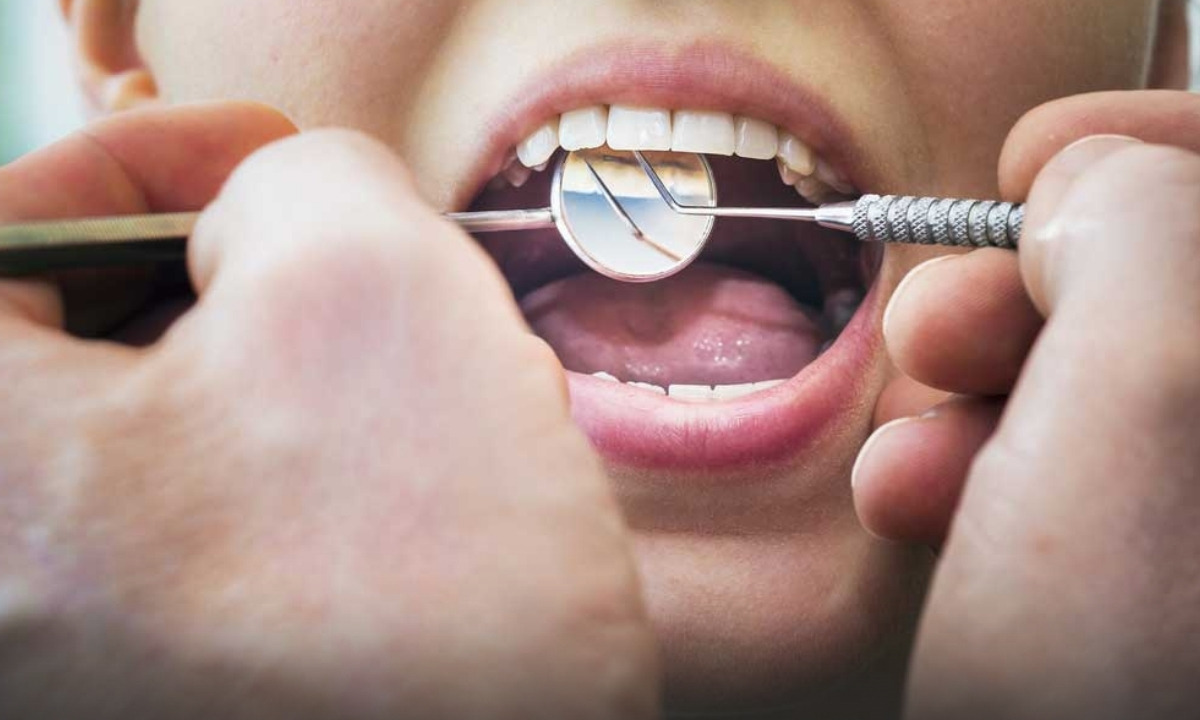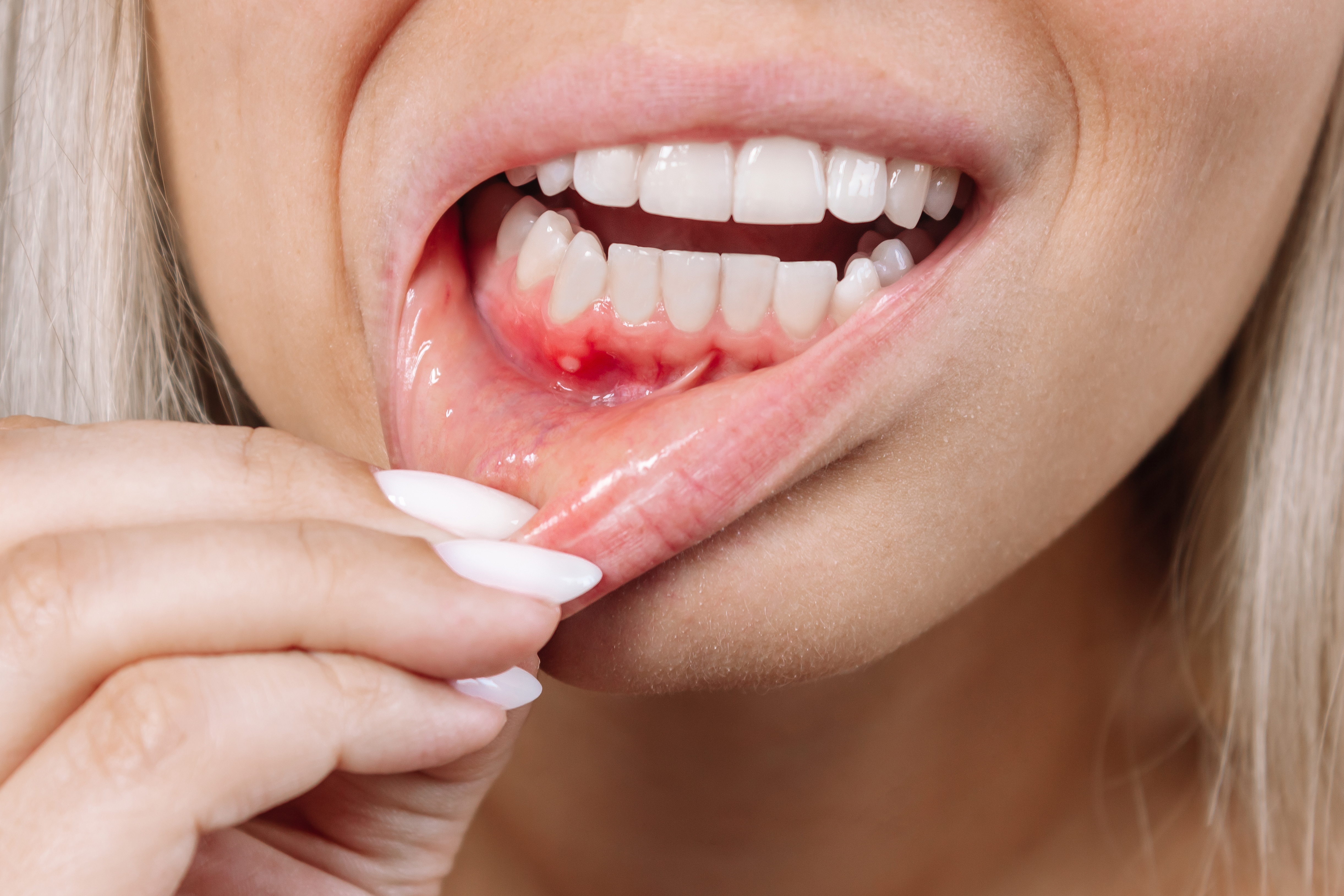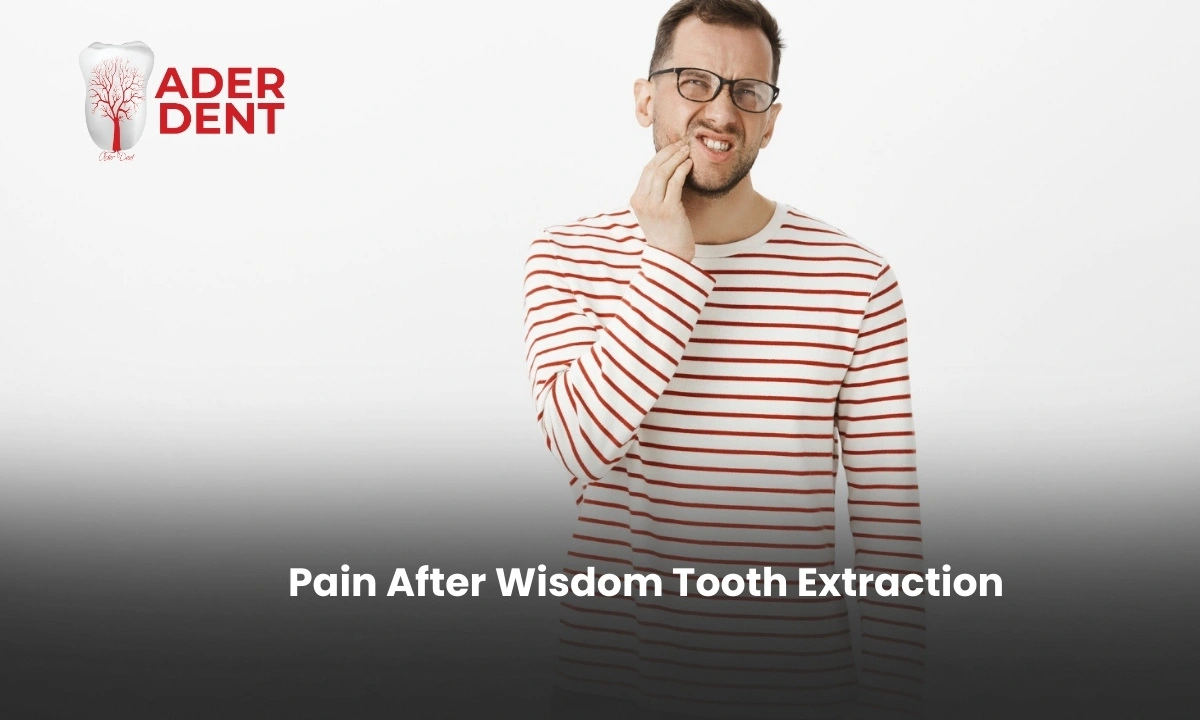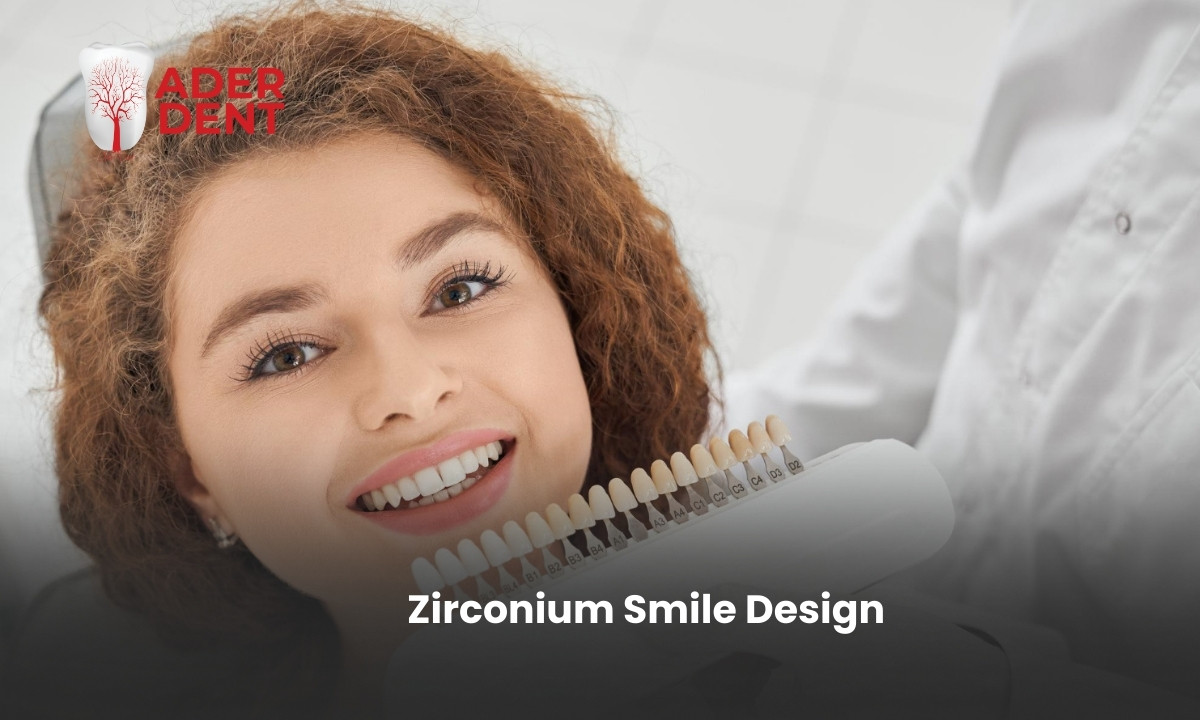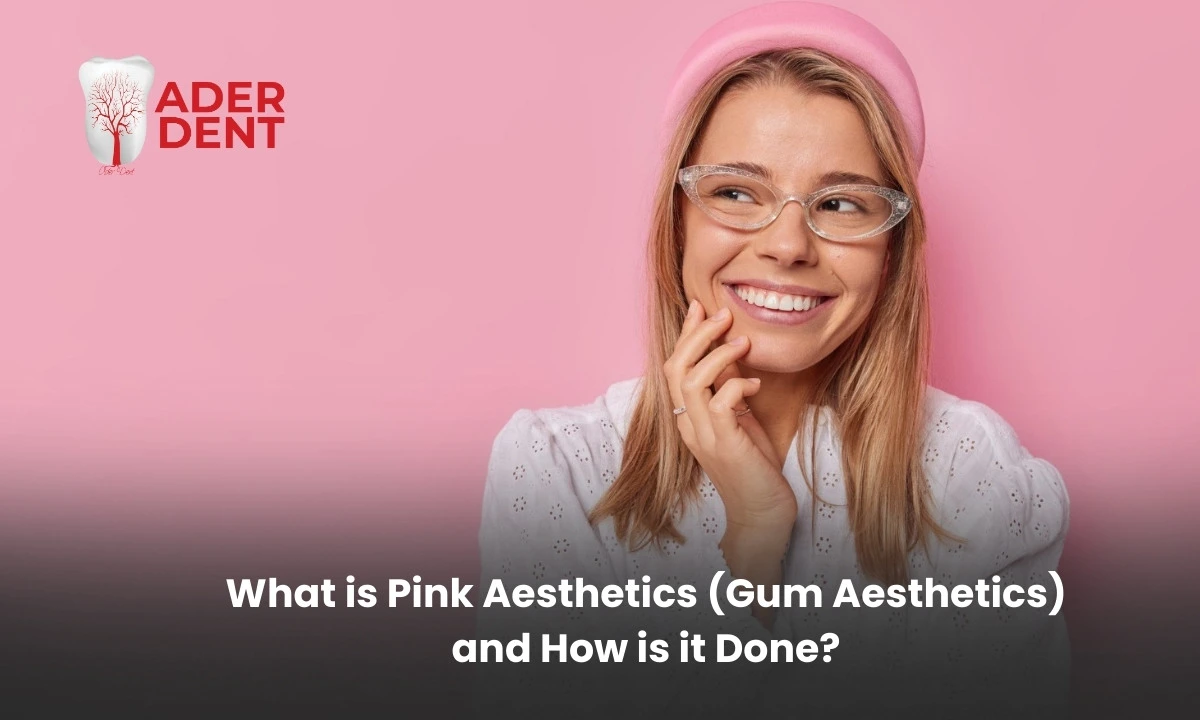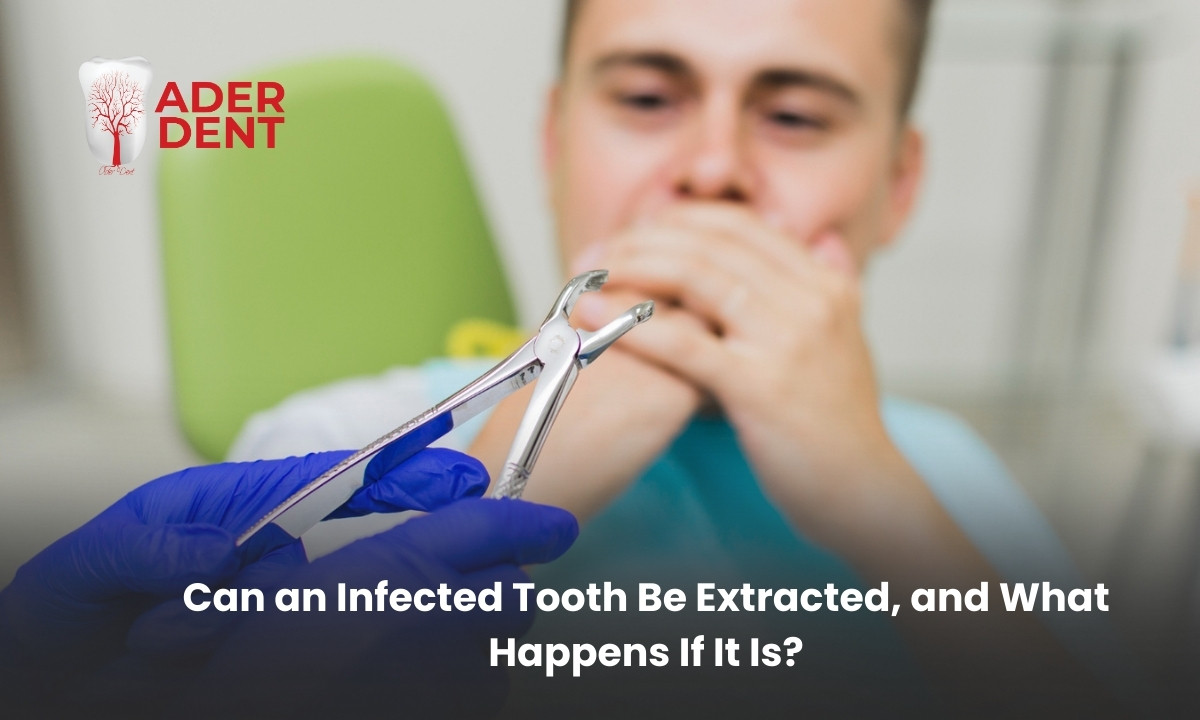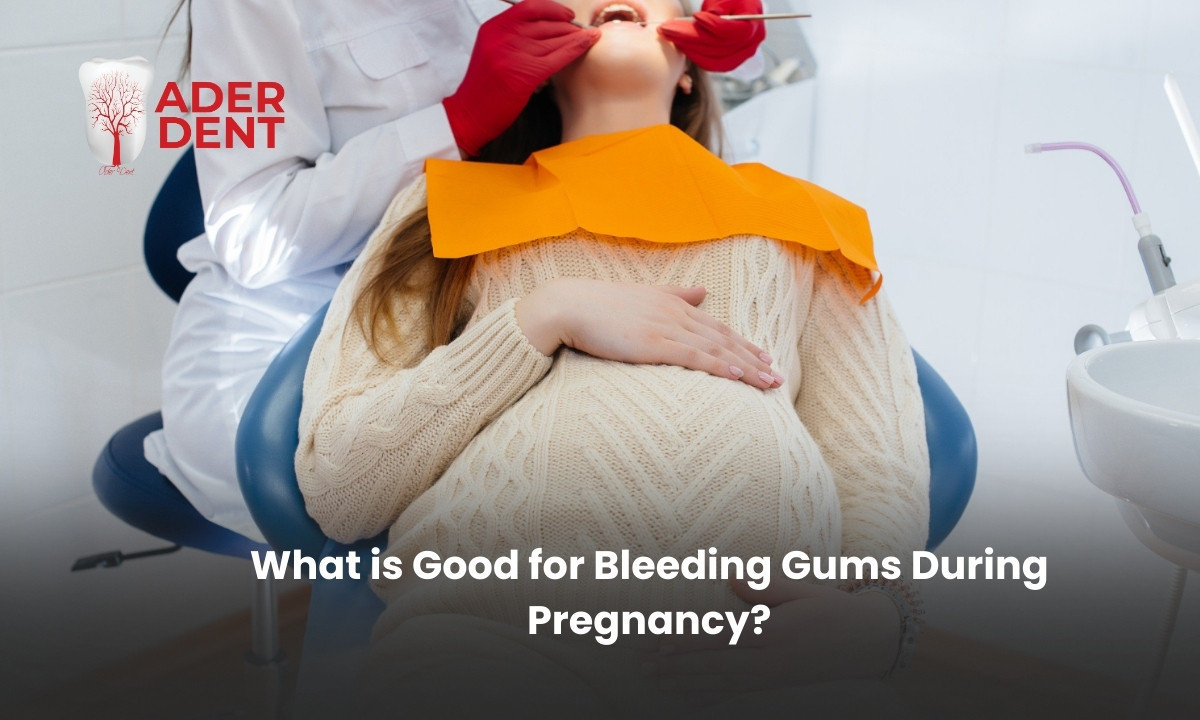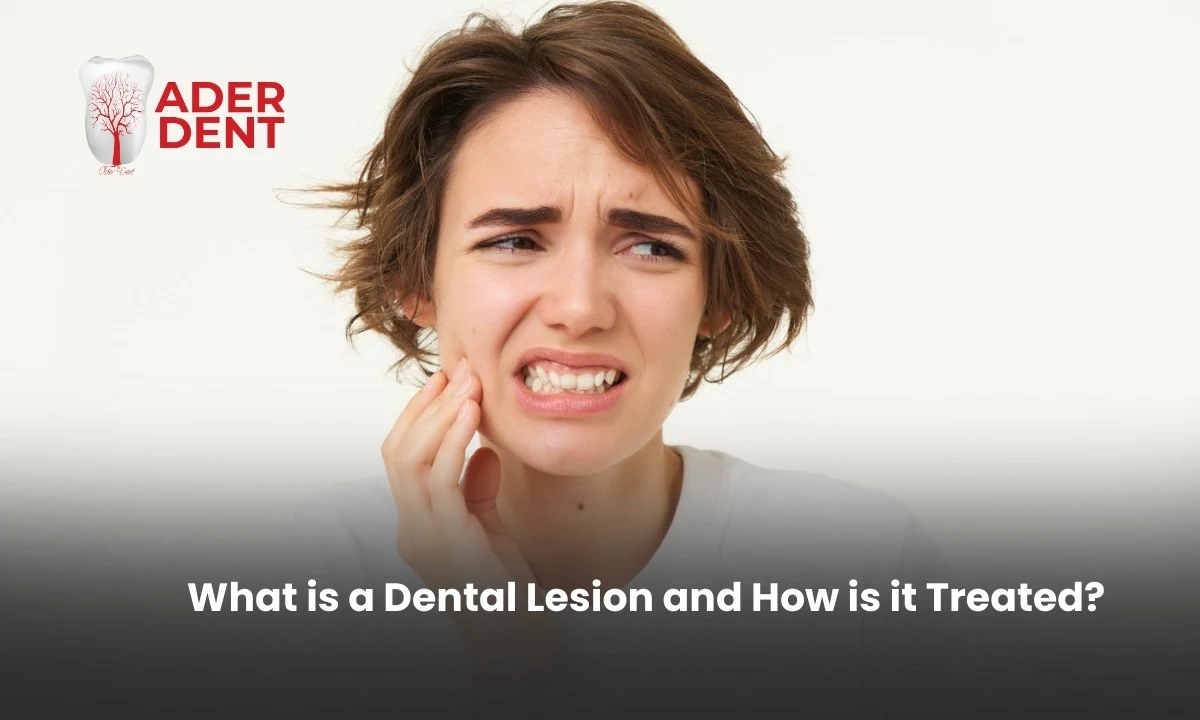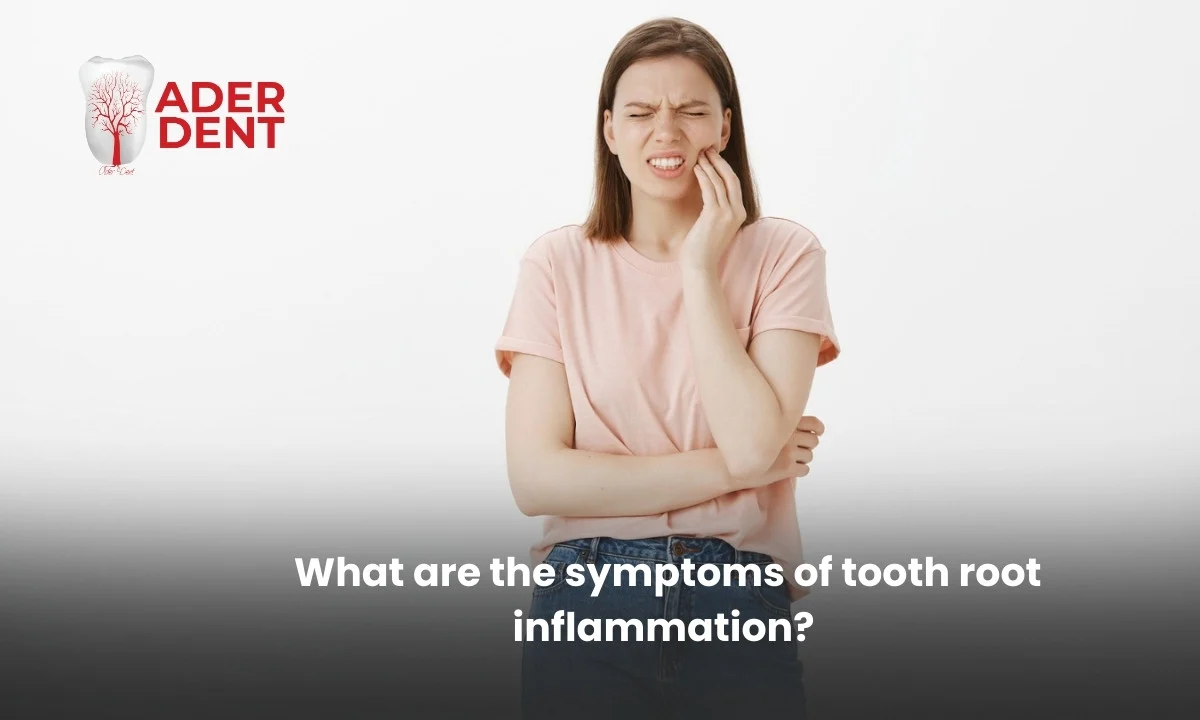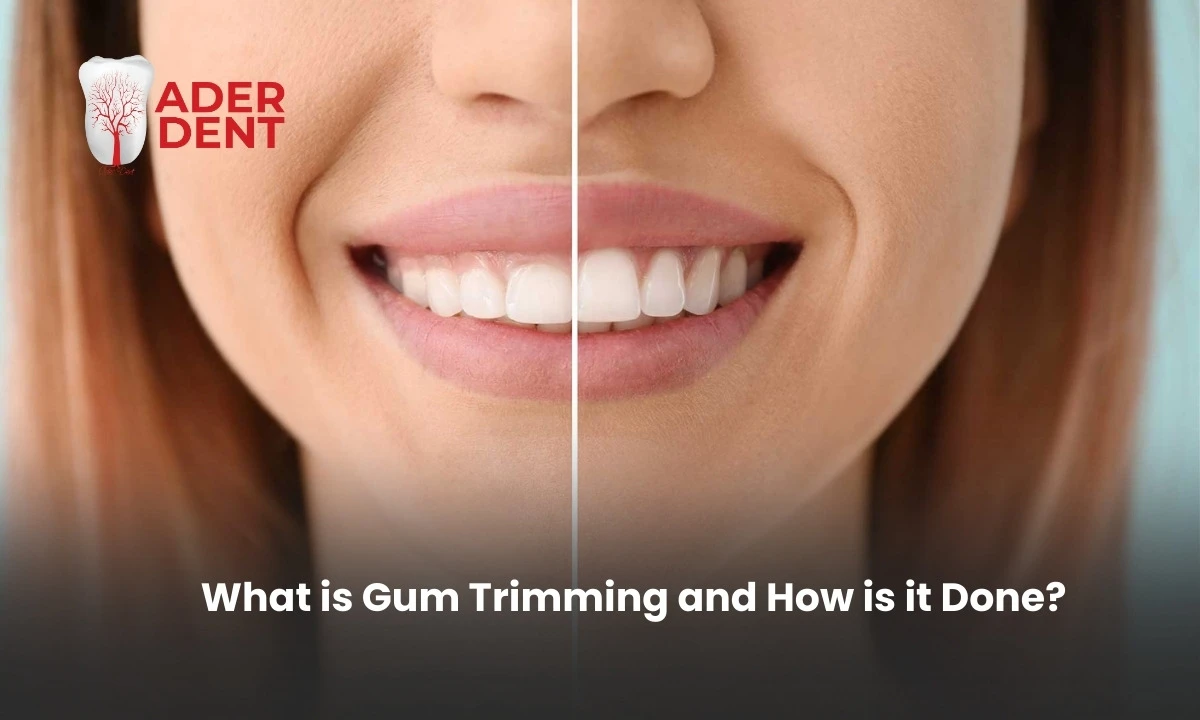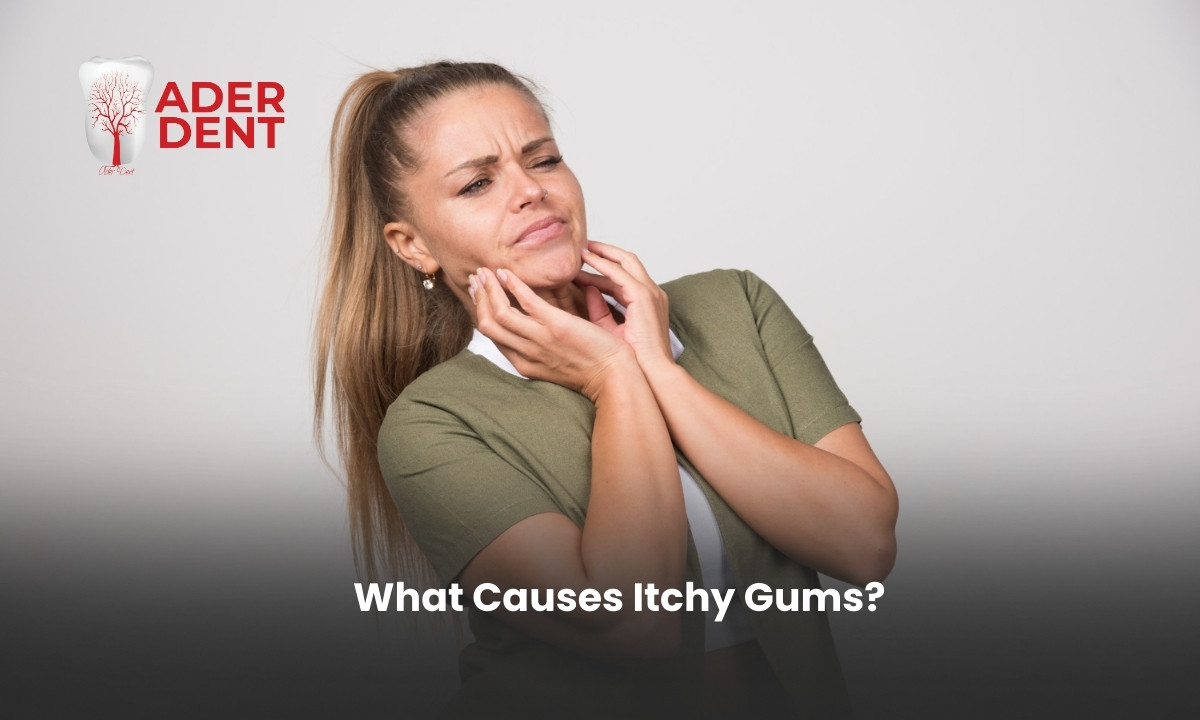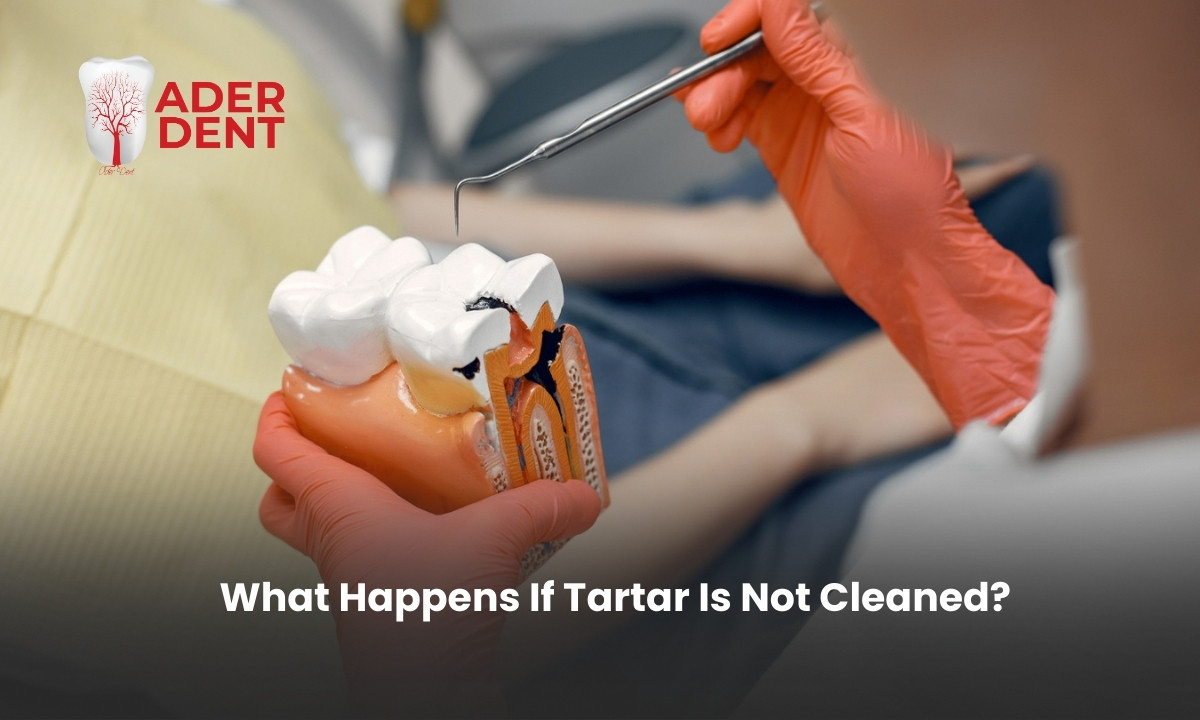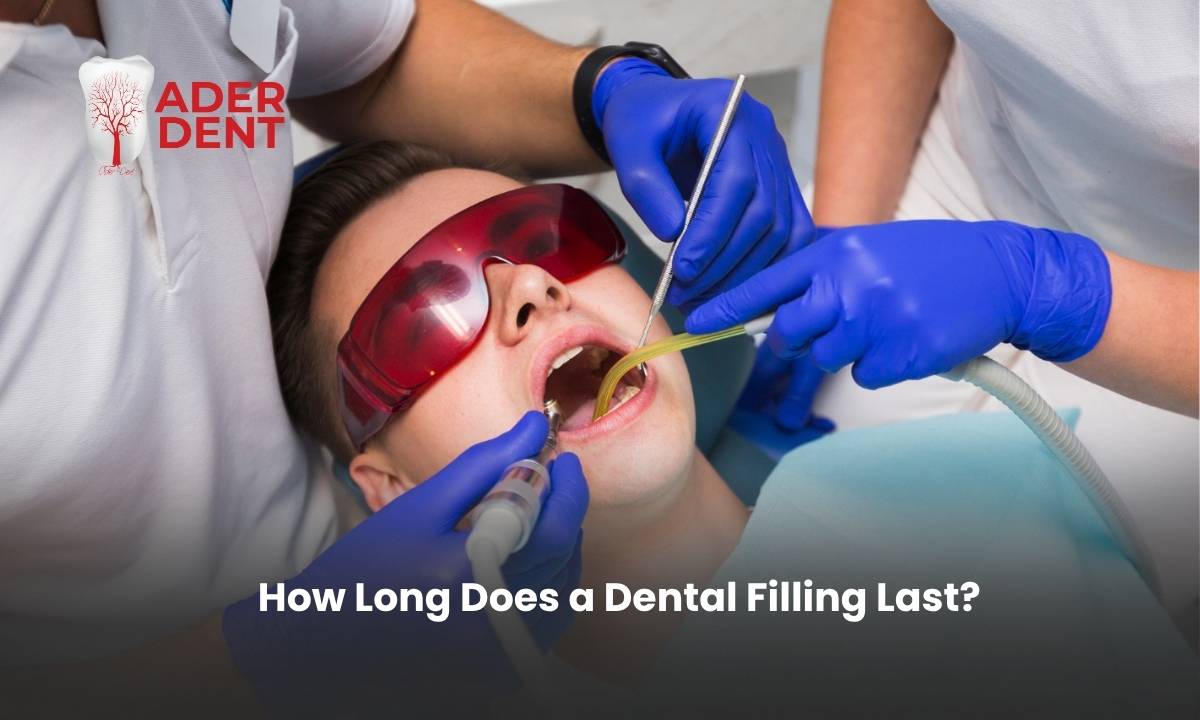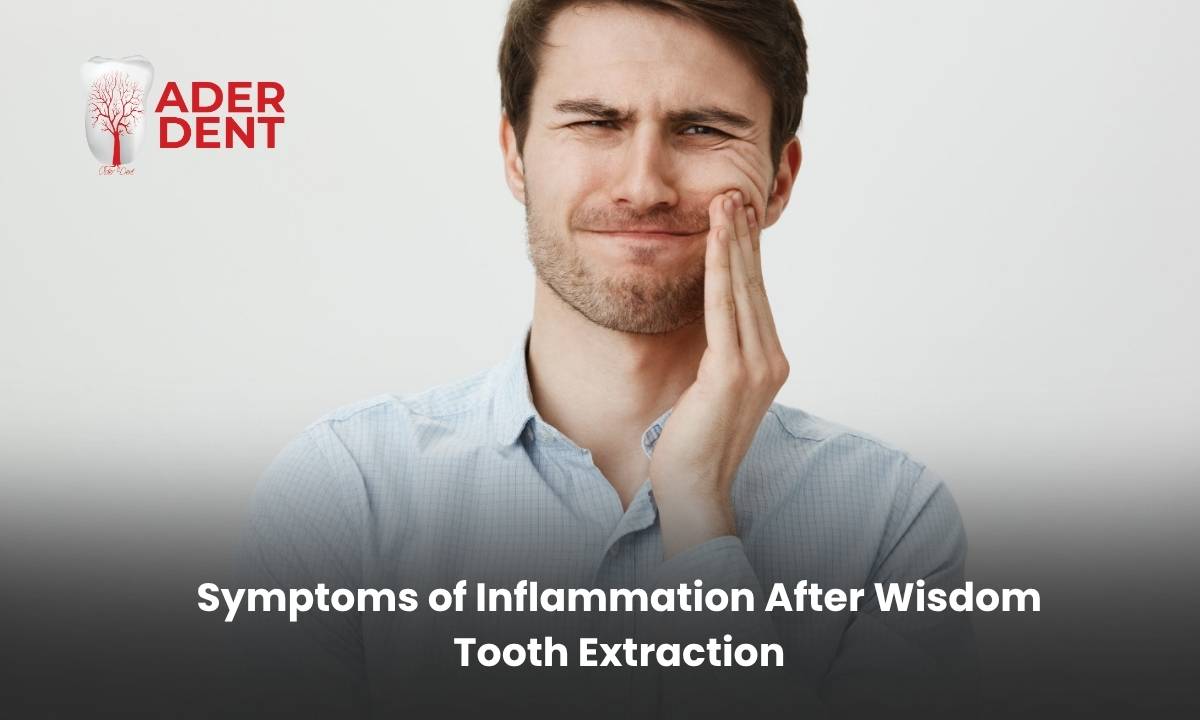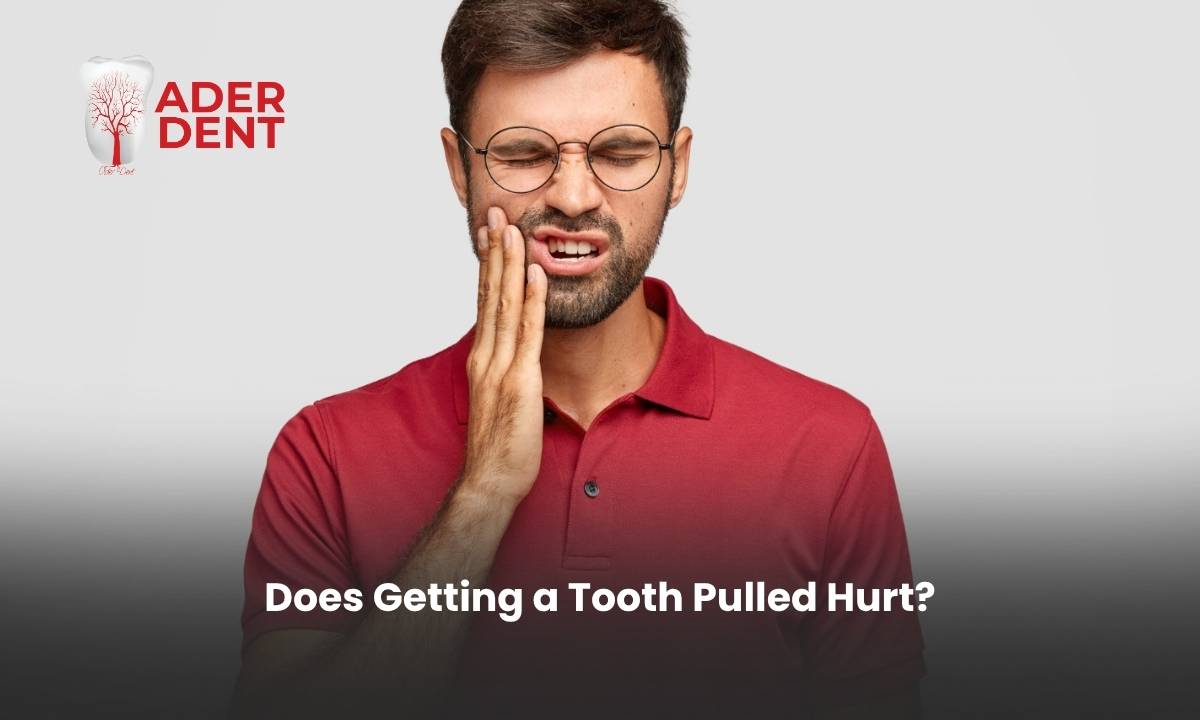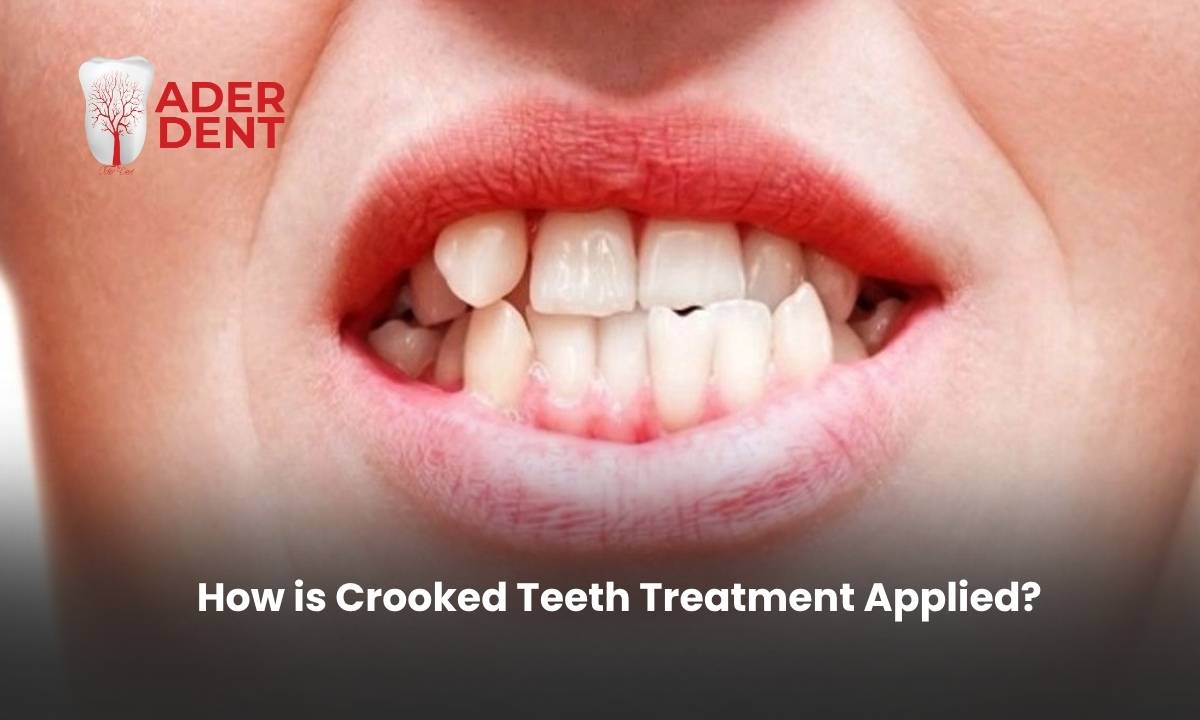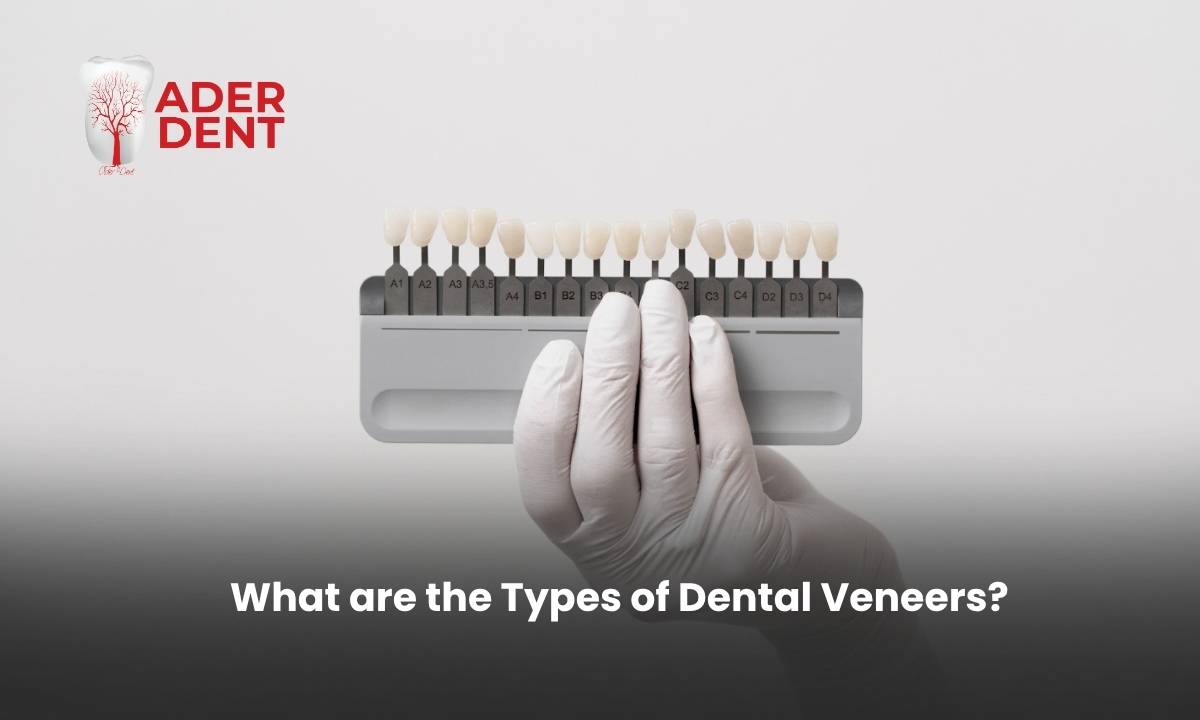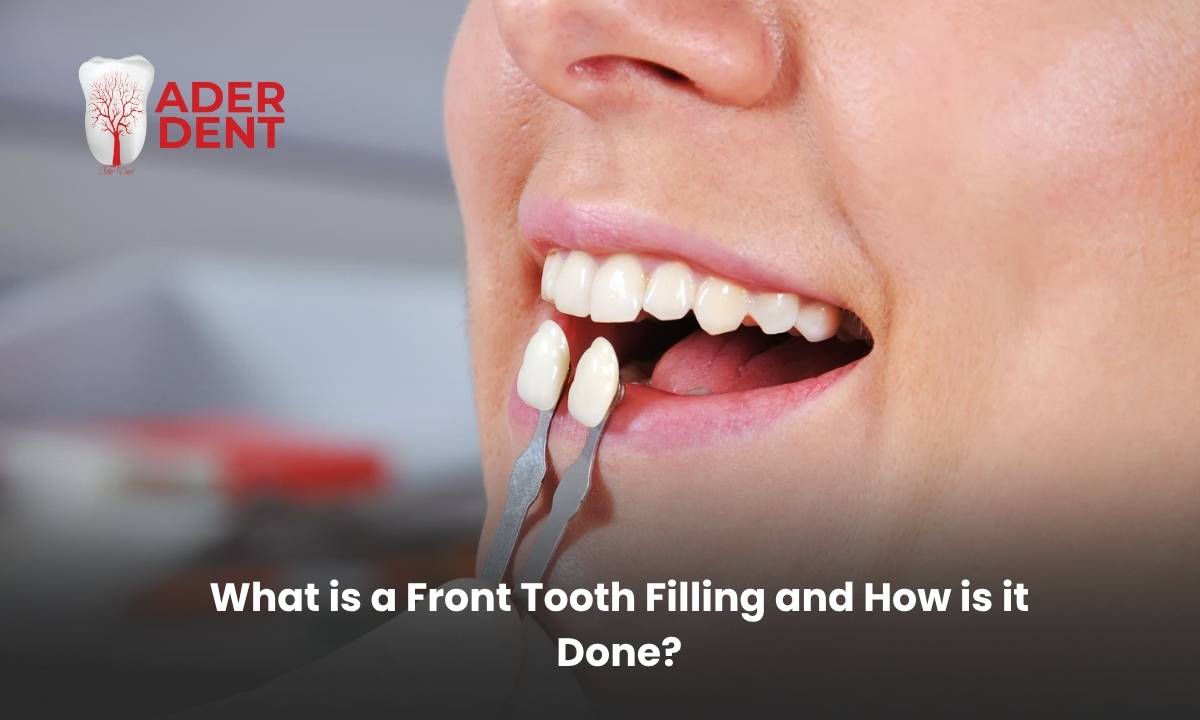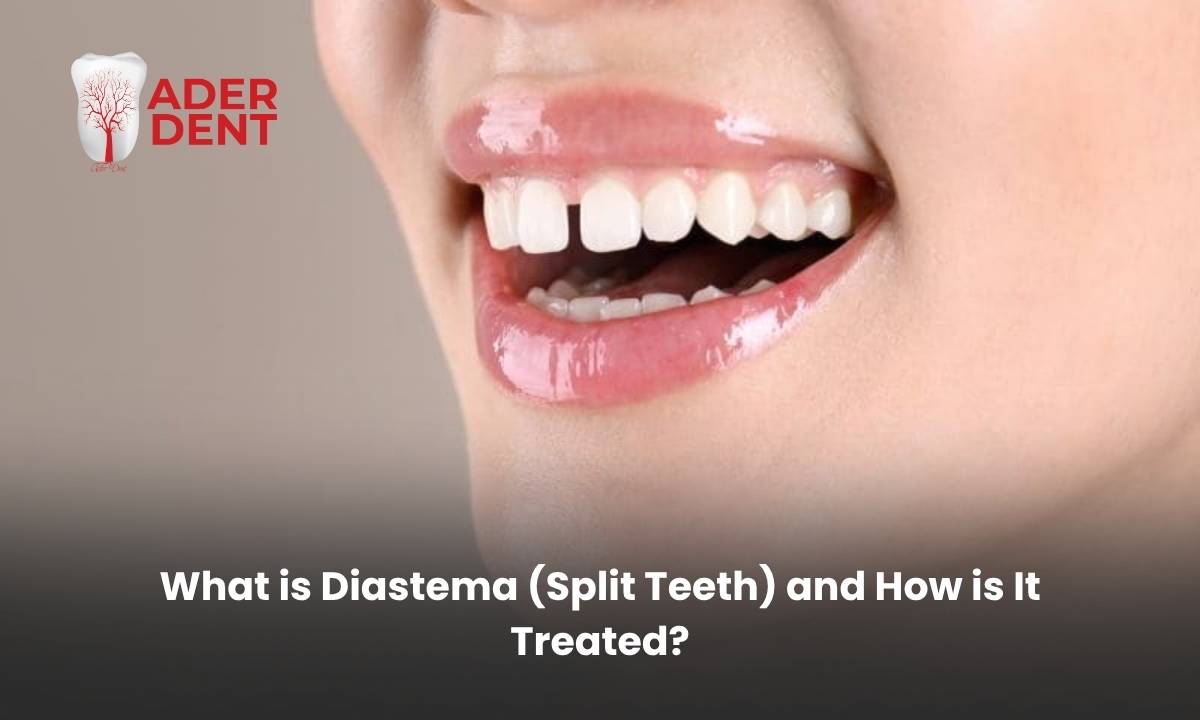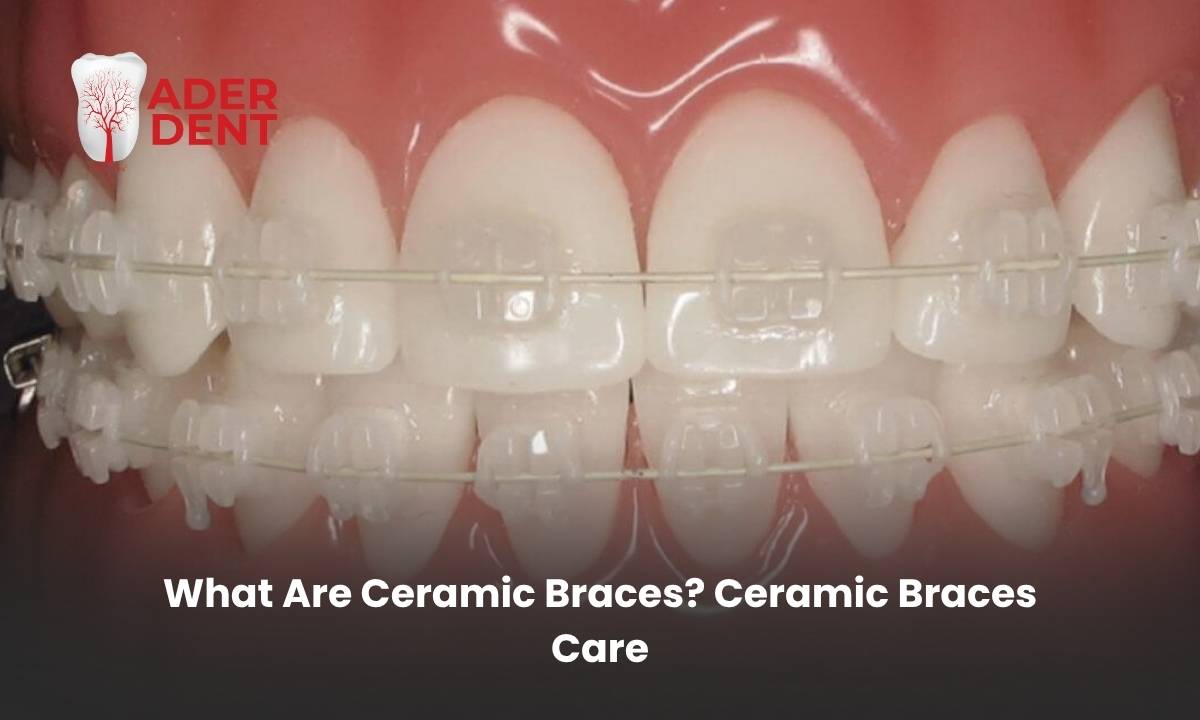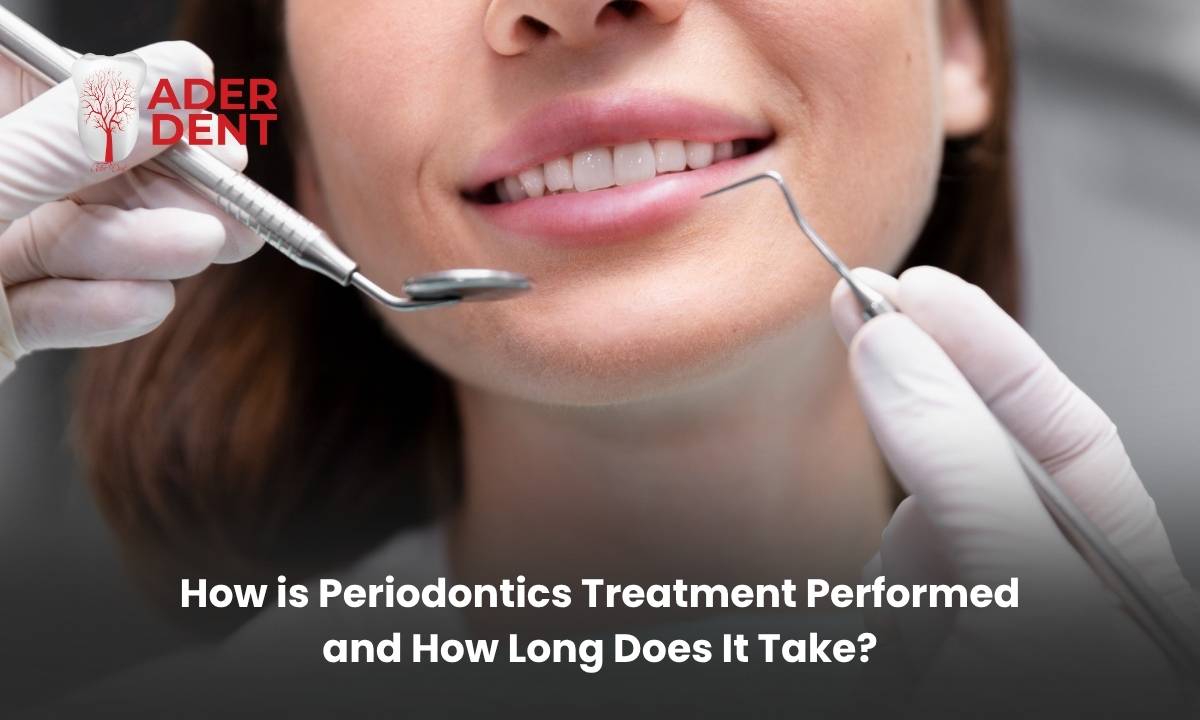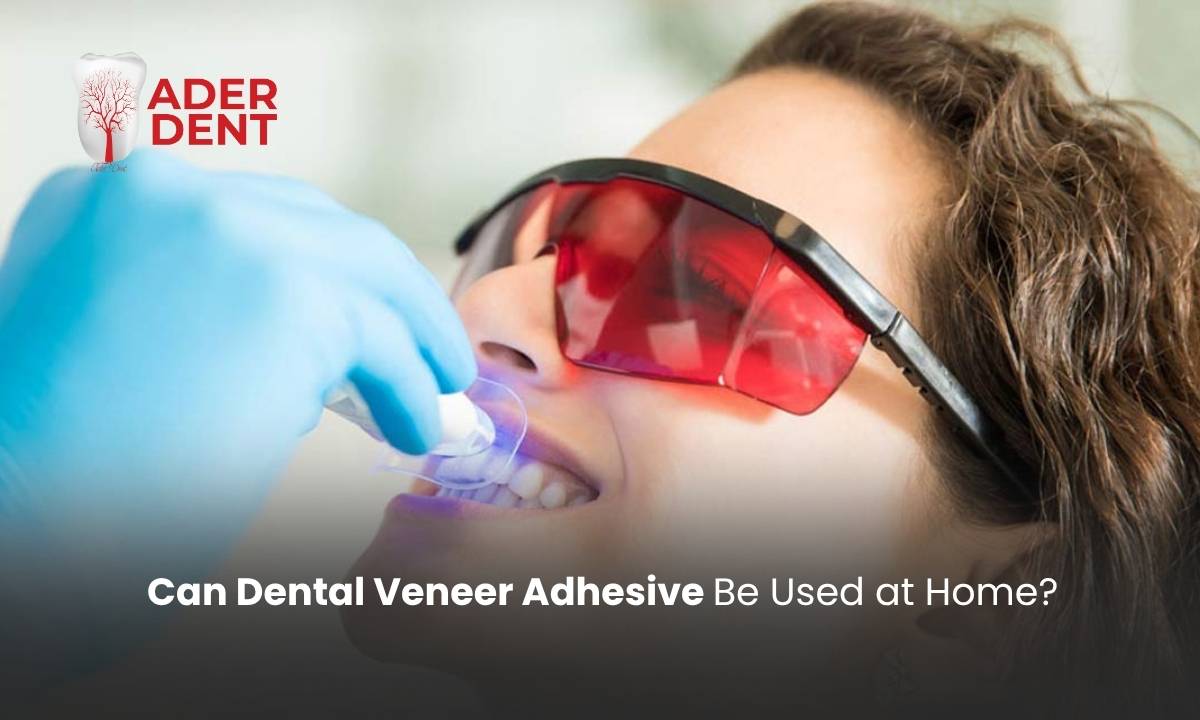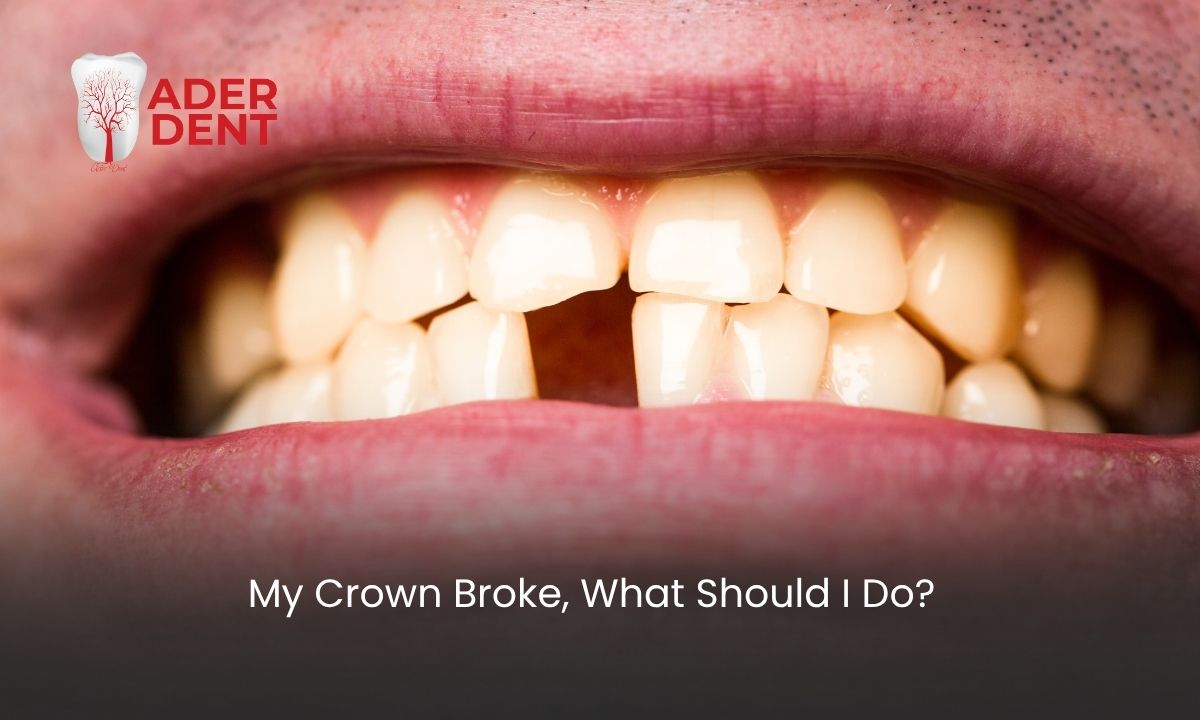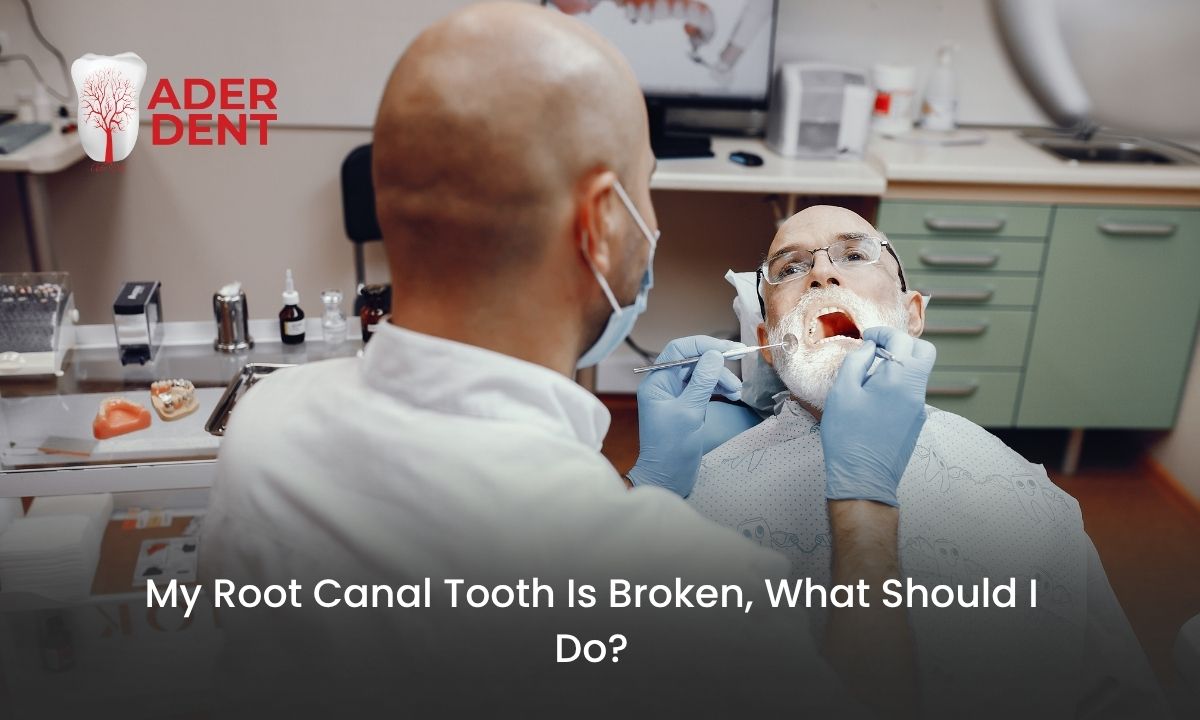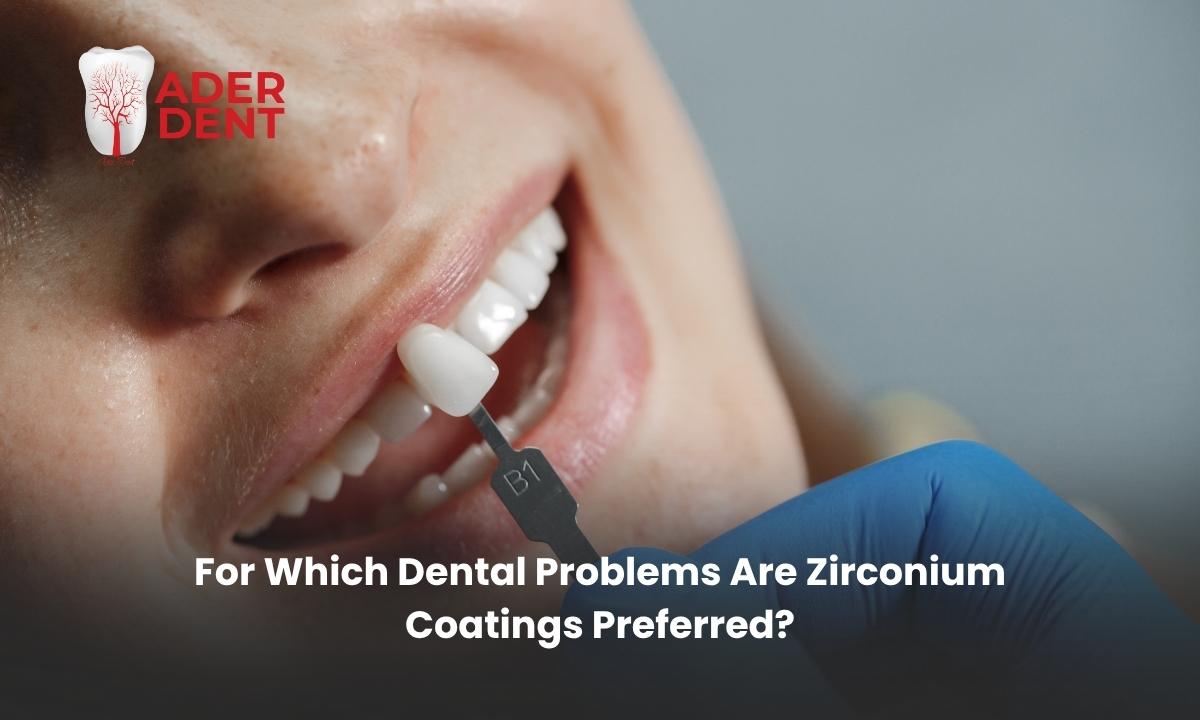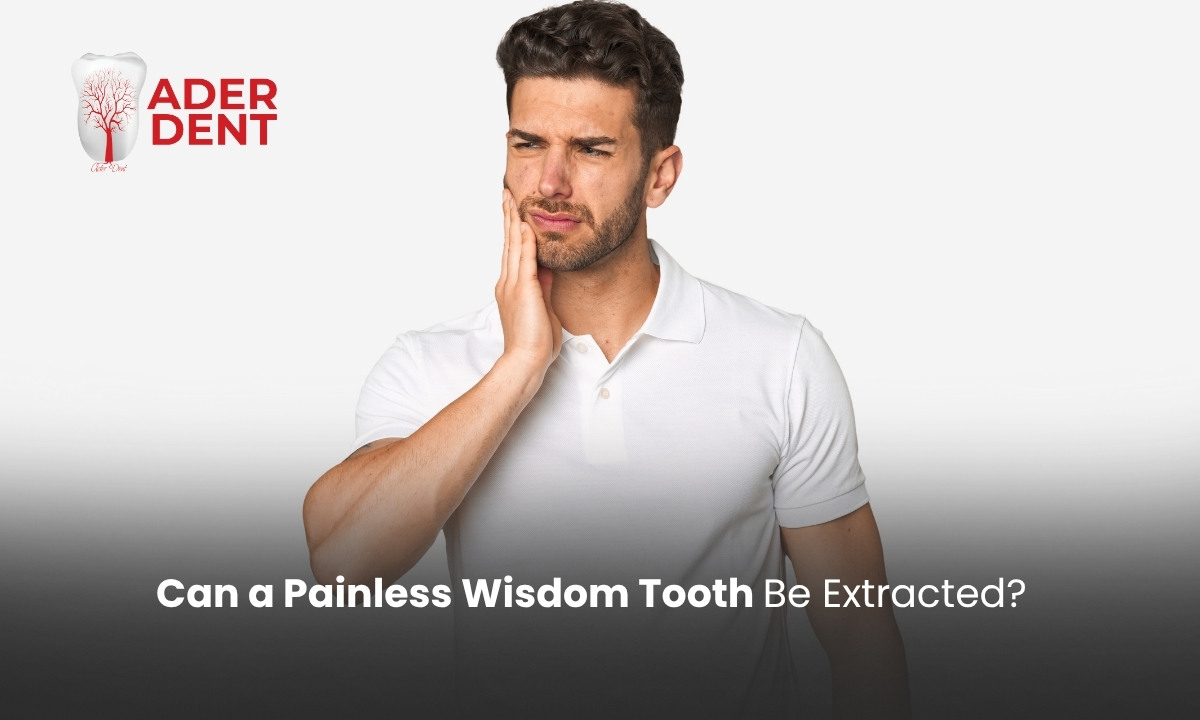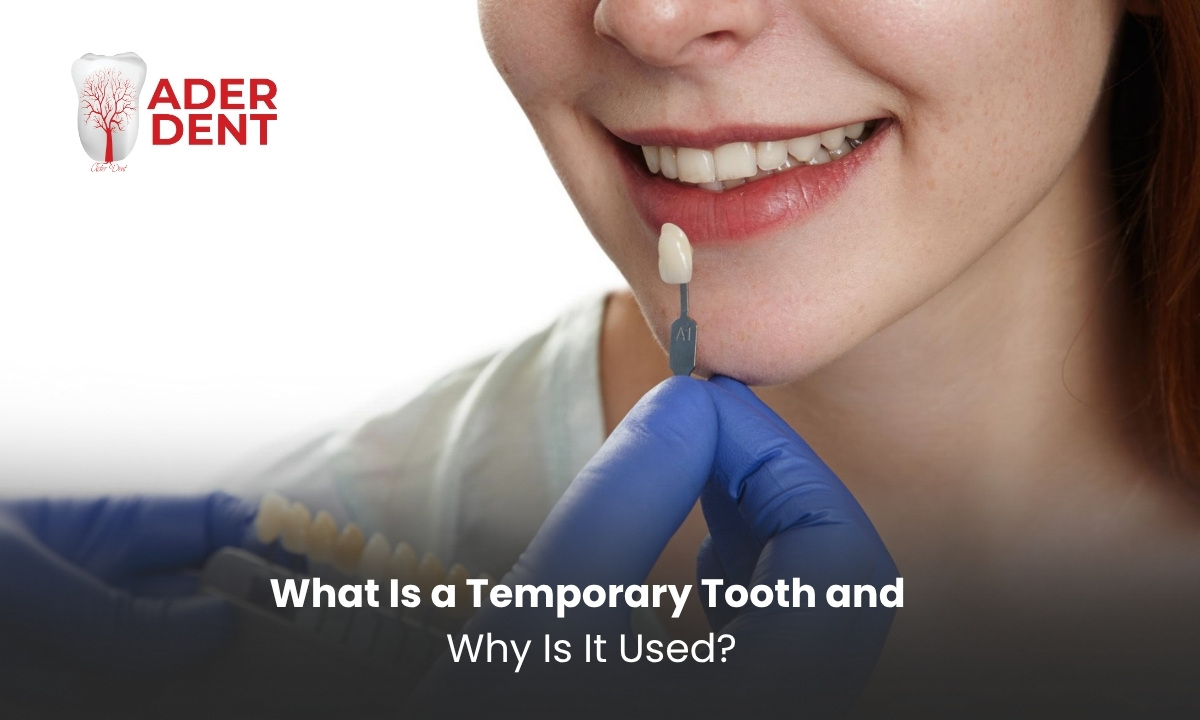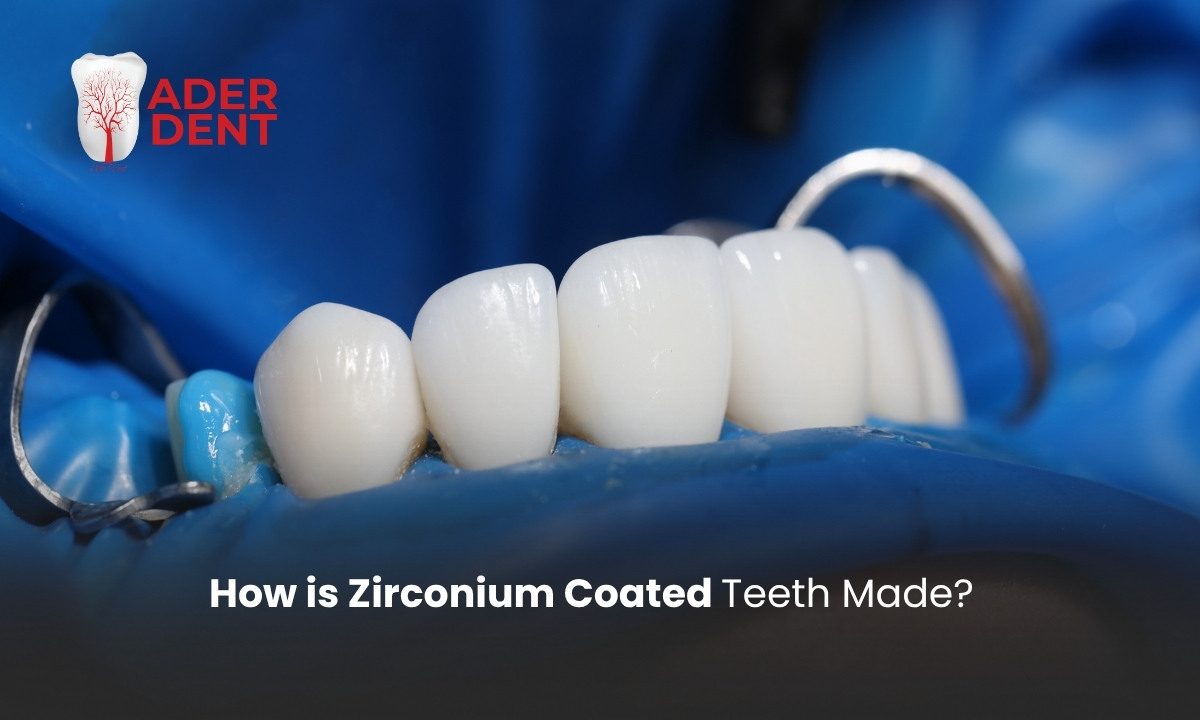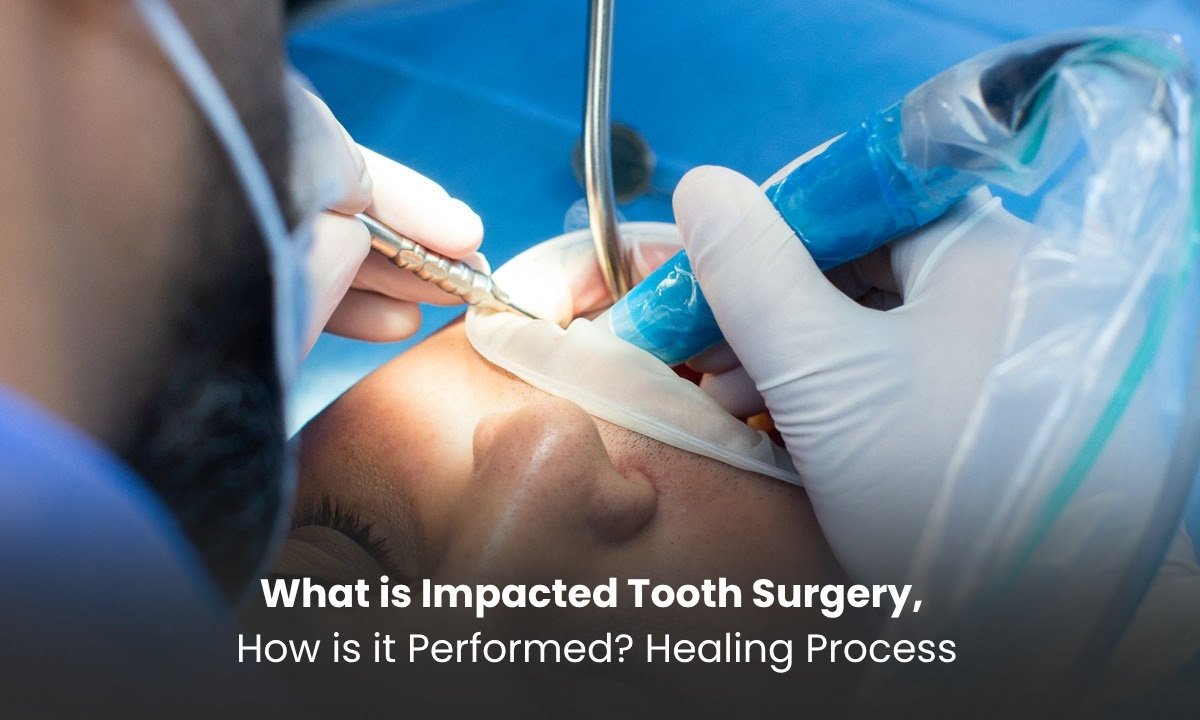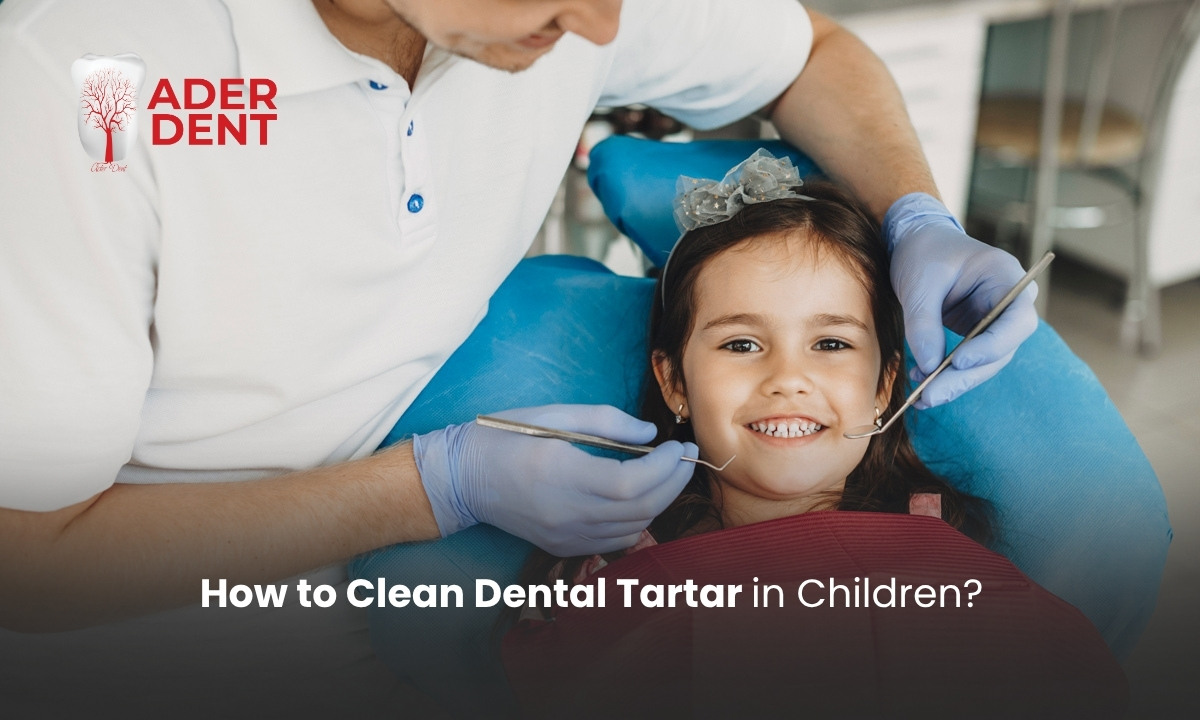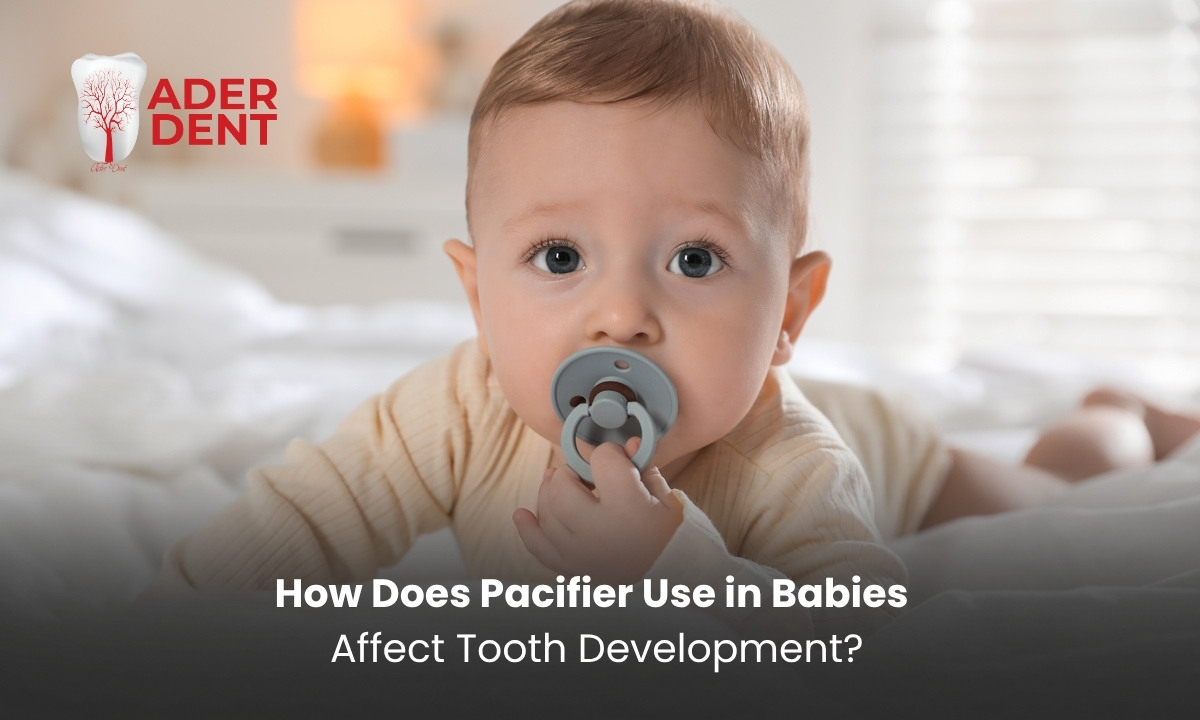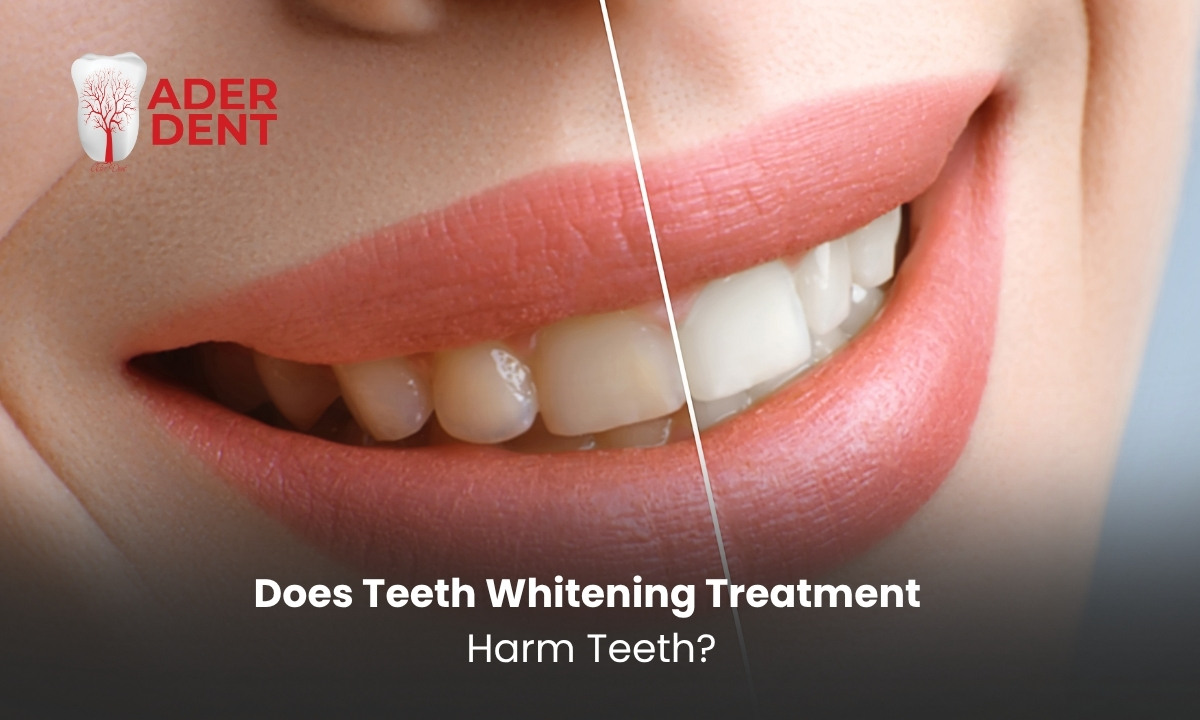
Teeth whitening performed under the supervision of a dentist does not harm the teeth. However, some whitening methods may cause mild sensitivity in the teeth, particularly increasing sensitivity to hot and cold foods and beverages. This sensitivity is temporary and usually resolves on its own within a couple of days.
What Is Teeth Whitening Treatment and How Is It Applied?
Teeth whitening treatment is a procedure that makes the teeth appear brighter and more aesthetically pleasing. Whitening treatment is performed in a controlled manner by dentists using special whitening gels or solutions.
Although there are at-home whitening kits available, professional applications deliver faster and more reliable results. The treatment involves agents such as hydrogen peroxide or carbamide peroxide, which penetrate the tooth enamel and break down the molecules causing discoloration, resulting in visibly lighter teeth. For more detailed information, you can read our content on teeth whitening.
What Should Be Done After Teeth Whitening Treatment?
To minimize potential harm, the right products and proper techniques should be used, and the treatment duration and frequency should follow your dentist’s recommendations. Extending the treatment longer than necessary or repeating it too often can lead to sensitivity and erosion of the tooth enamel. After teeth whitening, to reduce any sensitivity, you should avoid consuming very hot or very cold foods and drinks, and regularly use fluoride treatments and appropriate dental care products.
How Long Do the Side Effects of Teeth Whitening Last?
Sensitivity after teeth whitening is temporary and typically subsides within a few days. If the pain persists for longer, you may need to use painkillers for relief. In cases of excessive enamel sensitivity or prolonged discomfort, you should consult your dentist. Additionally, when whitening treatments are performed too frequently or without proper supervision, the risk of permanent damage increases.
Who Should Avoid Teeth Whitening Treatment?
Teeth whitening is not suitable for everyone. In the following situations, the risk of damage is higher:
- Individuals with tooth decay or gum disease
- People with very thin enamel
- Pregnant or breastfeeding women
- Those with extremely sensitive teeth
- Individuals with significant enamel wear
What Can Be Done at Home to Prevent Damage After Teeth Whitening?
To maintain dental health after treatment, you can follow these recommendations:
- Brush your teeth with a soft-bristled toothbrush
- Avoid acidic and highly pigmented foods and drinks
- Use fluoride toothpaste
- Attend regular dental check-ups
Does the Quality of Whitening Products Affect the Teeth?
The content and quality of the products used in teeth whitening directly influence their effect on the teeth. Low-quality or harsh chemical whitening agents can damage the enamel and increase sensitivity. Therefore, it is essential to use approved and clinically tested products recommended by your dentist.
When using over-the-counter kits at home, pay close attention to the ingredients and choose reputable brands to protect your dental health. Incorrect or inappropriate products can cause enamel erosion, micro-cracks, and long-lasting sensitivity. For this reason, you should always consult your dentist about product contents before starting treatment.
How Long Does the Whitening Effect Last After Treatment?
The results of teeth whitening vary from person to person and can last from 6 months up to 2 years. Eating habits, smoking, and oral hygiene all impact how long the whiteness lasts. Regular dental cleaning and proper care will prolong the whitening effect. After treatment, it is important to avoid staining drinks like coffee, tea, and red wine, and to quit smoking. For more detailed information about teeth whitening, we recommend seeking guidance from your dentist or our Pendik dental clinic.


 TR
TR
